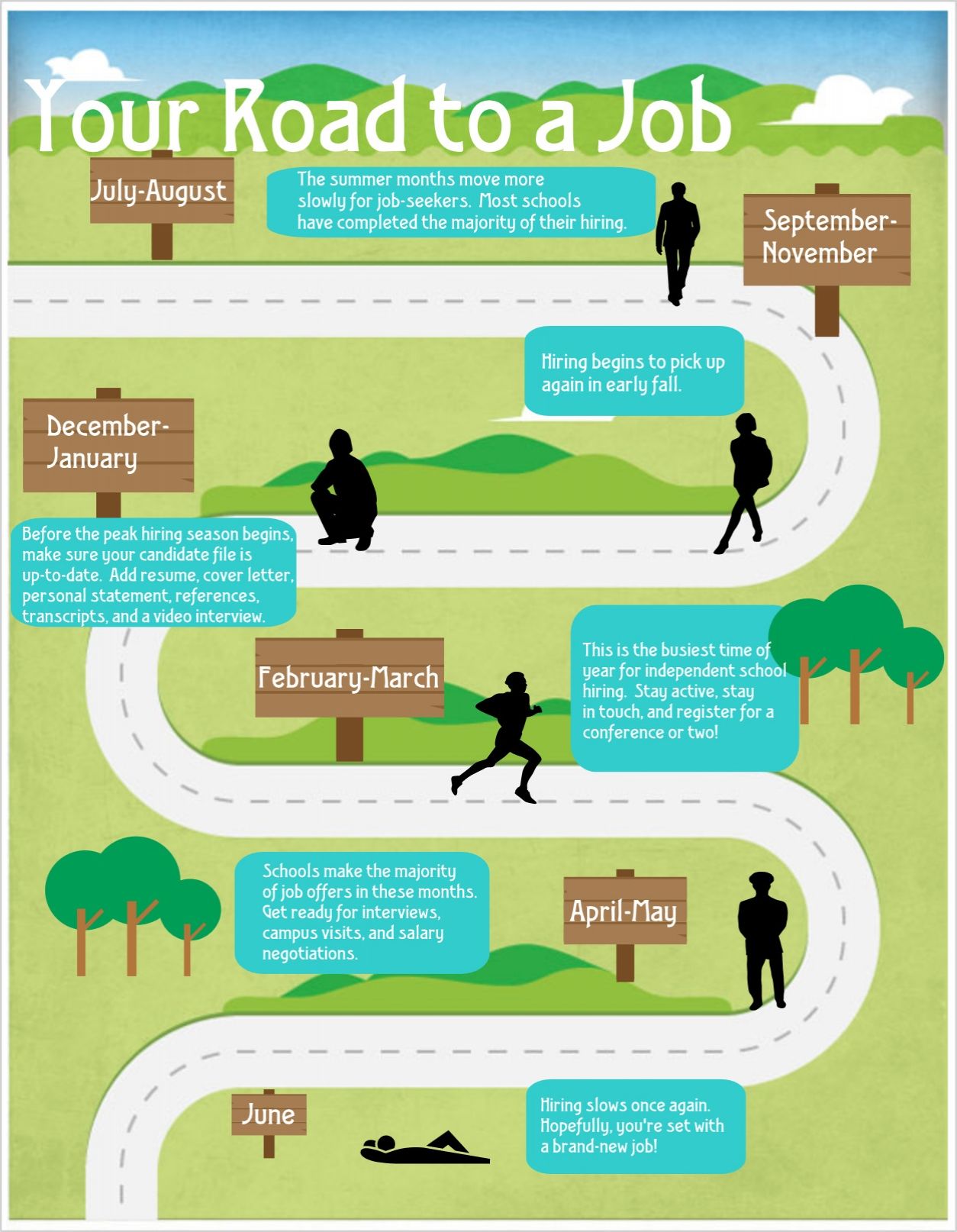Exploring Career Paths: Evaluating Opportunities in Civil Engineering and Pharmaceutical Sales
Introduction: Career Choices with Lasting Impact
Choosing the right career path can transform your future. Two professions that consistently draw attention for their stability, earning potential, and opportunities for growth are civil engineering and pharmaceutical sales. Both offer unique benefits, challenges, and entry requirements. This article provides a comprehensive analysis of each career, including salary expectations, job market trends, how to get started, and actionable advice for making informed decisions.
Civil Engineering: Building the Nation’s Future
What Is Civil Engineering?
Civil engineering is the discipline focused on designing, constructing, and maintaining infrastructure-roads, bridges, buildings, and water systems. Civil engineers blend technical expertise with creative problem-solving, ensuring that essential structures are safe, sustainable, and efficient. The variety of specializations within the field-from structural to environmental engineering-means there are diverse roles for different interests and skill sets. [3]
Earning Potential and Job Outlook
Civil engineering provides strong earning potential and job security . The median annual salary for civil engineers in the United States was $99,590 in May 2024 , with experienced professionals earning up to $130,000 or more, depending on location and specialization. [1] Entry-level salaries typically range from $55,000 to $70,000, while mid-level civil engineers can expect between $70,000 and $95,000. [2] Recent data shows that the job market is robust-employment for civil engineers is projected to grow by 6% from 2023 to 2033, faster than the average for all occupations. Approximately 22,900 job openings are expected each year, driven by infrastructure investments and the need to replace retiring professionals. [3]

Source: doors4jobs.com
Education and Certification Requirements
To become a civil engineer, you typically need:
- Bachelor’s degree in civil engineering or a closely related field (usually four years)
- Internship experience (highly recommended for hands-on skills)
- Professional Engineer (PE) license (required for senior roles and public-facing work)
- Continuing education for license renewal and specialization
You can find accredited programs and learn about licensure requirements by visiting the official website of the National Council of Examiners for Engineering and Surveying (NCEES) . Search for “NCEES licensure guide” for detailed steps by state.
Real-World Example
Consider Jane, who graduated with a civil engineering degree in 2023. She secured her first job with a salary of $85,000. Within two years, she advanced to a project management role, leveraging her technical and communication skills. Jane’s experience highlights how early-career decisions and obtaining a PE license can accelerate growth and compensation. [4]

Source: carreersupport.com
Key Skills and Certifications
Successful civil engineers combine technical expertise (such as CAD software and structural analysis) with soft skills (communication, leadership). Certifications like LEED (for sustainability) or PMP (for project management) can expand your opportunities. [2]
Challenges and Solutions
Some challenges in civil engineering include tight project deadlines, regulatory compliance, and adapting to new technologies. Overcoming these requires continuous learning, networking with industry professionals, and pursuing advanced certifications.
How to Start Your Civil Engineering Career
- Research accredited civil engineering programs-use the Accreditation Board for Engineering and Technology (ABET) directory for verified schools.
- Apply for internships during your studies to gain hands-on experience.
- Upon graduation, seek entry-level roles and begin preparing for the FE (Fundamentals of Engineering) exam, a prerequisite for PE licensure.
- After gaining sufficient experience, take the PE exam and pursue continuing education for specialization.
- Stay updated on industry trends through organizations like the American Society of Civil Engineers (ASCE) .
If you’re interested in a specific sector (such as transportation, water resources, or construction management), search for local professional societies and industry events to expand your network and knowledge.
Pharmaceutical Sales: Driving Innovation in Healthcare
Overview of the Profession
Pharmaceutical sales representatives act as the link between drug manufacturers and healthcare providers, promoting new medications, educating clinicians about product benefits and risks, and supporting patient outcomes. This career blends science, business, and relationship-building skills.
Earning Potential and Job Prospects
Salaries in pharmaceutical sales can be competitive, with significant potential for bonuses and commissions . While base salaries typically range from $60,000 to $90,000, top performers and those with advanced degrees or experience in high-demand territories can earn well over $120,000 annually. Total compensation often includes bonuses tied to sales performance, company car allowances, and benefits. The profession’s outlook is generally positive, particularly as the healthcare sector continues to expand and new therapies are introduced, though local competition and changing regulations can affect job availability.
Education and Entry Requirements
Pharmaceutical sales positions typically require a bachelor’s degree in a life science, business, or communications field. Some companies prefer or require experience in sales or healthcare. Earning industry-recognized certifications, such as the Certified National Pharmaceutical Representative (CNPR) credential, can enhance your profile and competitiveness. You can learn about CNPR certification by searching for the National Association of Pharmaceutical Sales Representatives’ official site and reviewing their program information.
Real-World Example
For example, Alex transitioned from a biology background into pharmaceutical sales after completing a CNPR certification. Within his first year, Alex grew his client network, consistently exceeded sales targets, and was promoted to a senior territory manager-a path made possible by strong communication skills, product knowledge, and perseverance.
Key Skills and Advancement Paths
Success in pharmaceutical sales depends on interpersonal skills, product knowledge, and resilience . Professionals can move into higher-earning specialty sales, management, or corporate training roles. Ongoing education and networking at industry conferences can further career advancement.
Challenges and Solutions
The pharmaceutical sales environment can be highly competitive, with evolving regulations and the need to stay informed on complex product portfolios. Building relationships with healthcare providers and demonstrating value are essential. Joining local pharmaceutical sales associations and attending workshops can provide support and up-to-date knowledge.
How to Start a Pharmaceutical Sales Career
- Earn a bachelor’s degree in a relevant field (such as biology, chemistry, or business).
- Gain experience in sales, customer service, or healthcare to develop transferable skills.
- Consider obtaining the CNPR certification to demonstrate industry knowledge.
- Network with recruiters and attend pharmaceutical industry job fairs-search for events hosted by the Healthcare Businesswomen’s Association or local pharmaceutical associations.
- Prepare an industry-specific resume and practice interview responses focused on communication and problem-solving scenarios.
To identify open pharmaceutical sales roles, visit major job boards (such as Indeed or LinkedIn) and filter by location and company. You may also contact local pharmaceutical company offices to inquire about entry-level programs.
Comparing Civil Engineering and Pharmaceutical Sales
Both careers offer stable job outlooks, strong earning potential, and opportunities for advancement . Civil engineering is ideal for those who enjoy technical problem-solving and contributing to public infrastructure, while pharmaceutical sales suits individuals passionate about healthcare, science, and building client relationships. Consider your strengths, interests, and preferred work environment-whether you thrive in fieldwork and technical design or in sales-driven, people-focused roles.
Accessing Opportunities: Step-by-Step Guidance
For both professions, begin by researching educational and certification requirements. Use official resources such as:
- For civil engineering: the Bureau of Labor Statistics (search “civil engineer job outlook”), ABET for accredited programs, and your state’s board of engineering licensure for local requirements.
- For pharmaceutical sales: the National Association of Pharmaceutical Sales Representatives for certification details, and major job boards for current openings.
If you are ready to apply, prepare your application materials, seek informational interviews with professionals in your chosen field, and join relevant professional associations for networking and mentorship.
Alternative Pathways and Additional Resources
If you are uncertain about committing to a single path, consider exploring internships, shadowing programs, or part-time roles in related sectors. For civil engineering, reach out to local engineering firms or public works departments for internship opportunities. For pharmaceutical sales, contact local hospitals or clinics to inquire about volunteer or support roles that introduce you to the healthcare environment.
For the most current requirements and job listings, always use official organization websites, professional associations, or government employment portals. When in doubt, contact university career centers or local workforce development agencies for personalized guidance.
Key Takeaways
- Civil engineering offers strong salary potential, job growth, and the chance to impact society through infrastructure projects. Entry requires a specialized degree and licensure. [1] [3]
- Pharmaceutical sales provides high earning potential through base pay and commissions, with advancement into specialty or management roles. Most positions require a bachelor’s degree and sales skills.
- Both paths present challenges-technical demands in engineering and competitive targets in sales-but offer robust support networks and resources.
- Research official resources, pursue relevant education and certifications, and leverage professional associations for up-to-date information and career support.
References
- [1] CDR Elite Writers (2025). Civil Engineer Salary in US: A Comprehensive Guide.
- [2] The Civil Studies (2025). What Is Civil Engineering? Careers, Salary & Scope 2025.
- [3] U.S. Bureau of Labor Statistics (2025). Civil Engineers: Occupational Outlook Handbook.
- [4] YouTube (2025). Is A Civil Engineering Degree Worth It In 2025?
MORE FROM grabjobtoday.com













